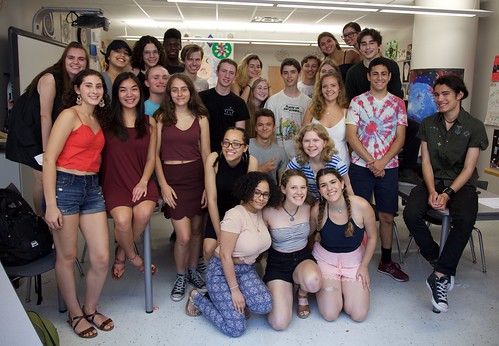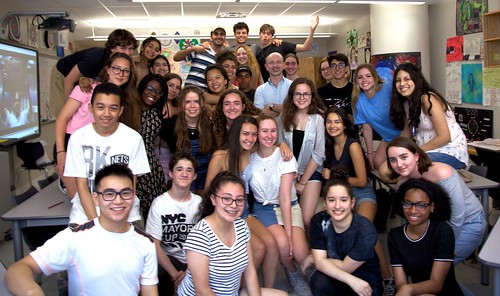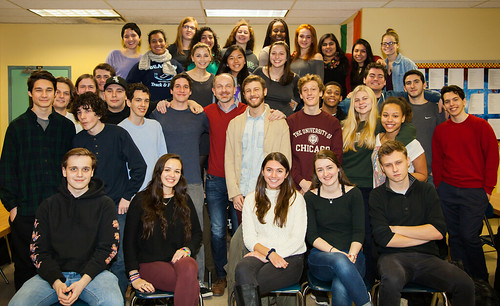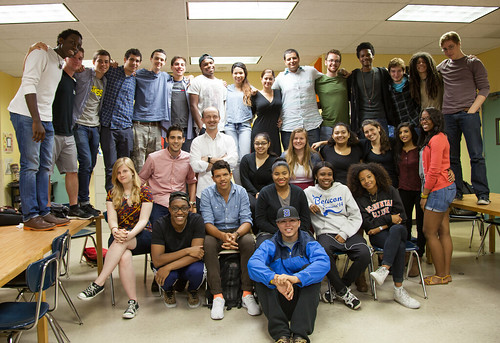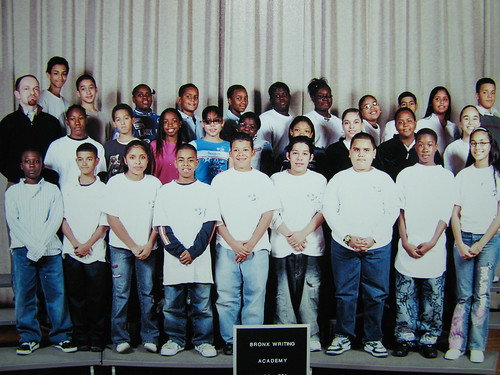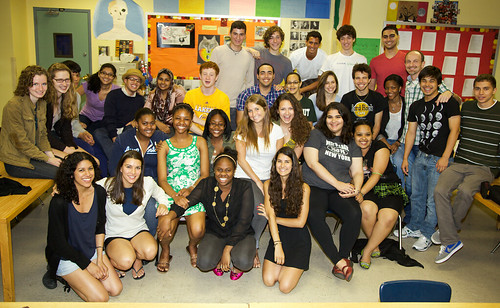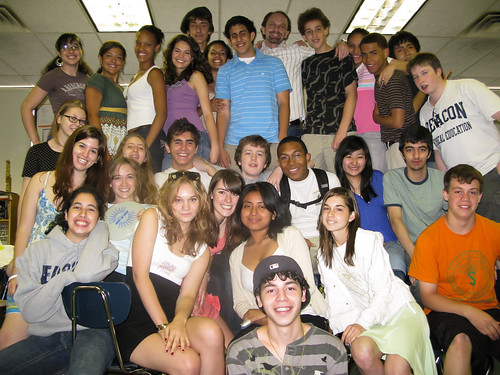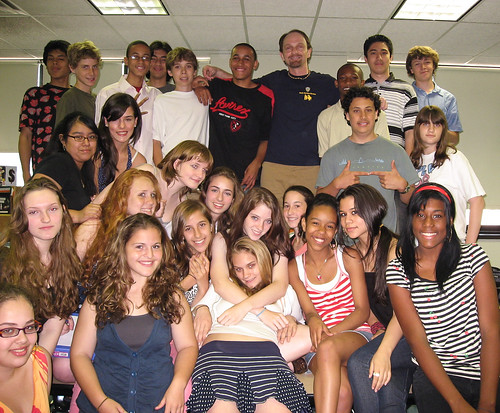1. Existentialism is a Humanism–(Read and annotate for Monday!) This reading sets us up for the last three texts of the year. Let it be known that this essay is conceptually/philosophically difficult. Jean Paul Sartre is often the first name to come to mind when one considers Existentialism. His brand of atheistic existentialism so dominates the existential landscape that one forgets that the “first existentialist” Kierkegaard was indeed a theist. Nevertheless, Sartre’s essay most clearly defines the existential mindset. It becomes a fundamental piece of the year’s final unit. Additionally, his essay establishes some of the tenets of existentialism that are universally applicable. As you read/annotate, keep this in mind: The entire essay is a defense of existentialism against the four reproaches noted on page 1A and the very top of 1B. In order to develop philosophical control of this reading, it is imperative that you do not wait until Sunday to read the essay! The essay is a necessary component of your PBA!
2. The Alchemist/Siddhartha Essay–(Due Wednesday, April 22nd) Remember, this is a “One and Done” essay. You will turn in a final draft on Wednesday and the grade given on that essay is the final grade. Naturally, this will be your greatest challenge up to this point! I expect to see 3/4 year’s worth of practice with thesis creation, paragraph development, evidence use, essay cohesion, etc. positively reflected in this essay. You have three options: A close analysis of The Alchemist, a close analysis of Siddhartha, or a comparative analysis of both. Keep in mind, the final draft should be 2 pages (first two options) or 2 1/2 pages (comparative option).
Key transition words for a comparative thesis: while, whereas, although, despite, however, on the other hand
Here are three sample comparative thesis templates:
While author a uses (device), author b uses (devices) to illustrate (similar theme).
Through the paradoxical relationship between the natural and fabricated worlds, both author a and author b suggest (similar theme).
Author a uses (device/tool) to suggest (theme); whereas, author b uses (device/tool) to illustrate (a more complex treatment of prior theme).
Again, these are just templates to show you the transition words at work.
If you are not comfortable with the comparative essay, choose one of the other options.
Tomorrow (4/16) we will work with the prewriting done in class on Monday and Tuesday. So, be sure to have that ready to go tomorrow! Here are the prompts from each day:
Monday–In preparation for a comparative essay, students should conclude class by writing down similarities and differences between The Alchemist and Siddhartha.
Tuesday–Students are to identify THREE literary devices/elements worthy of analysis. (i.e. motif of dreams). Then, they should locate a minimum of three quotations relevant to each device/element (for a total of 9 quotations). Finally, and most importantly, they are to brainstorm possible in-text arguments that can be born out of an analysis of each chosen device/element. For example, one may suggest that Hesse uses dreams in the novel to suggest that Siddhartha’s individuation catalyzes his existential despair and subsequent enlightenment.











































































































